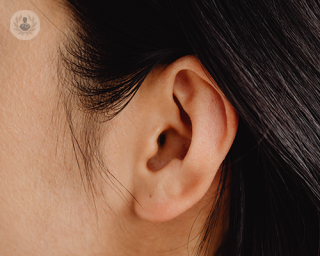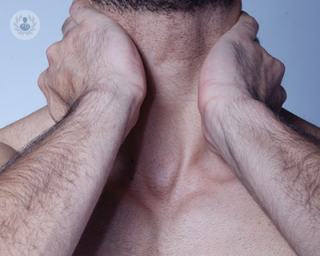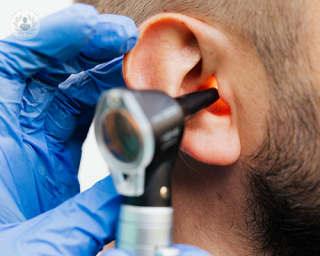
Por Mr Florian Bast
20.06.23
оториноларингология
A quick guide to neuromodulators and dermal fillers
There are many different types of treatments currently available that can improve the appearance of the skin. Two of the most popular of these treatments are neuromodulators and dermal fillers. In his latest online article, renowned otolaryngologist and facial plastic surgeon Mr Florian Bast explains these two treatments in detail.
















